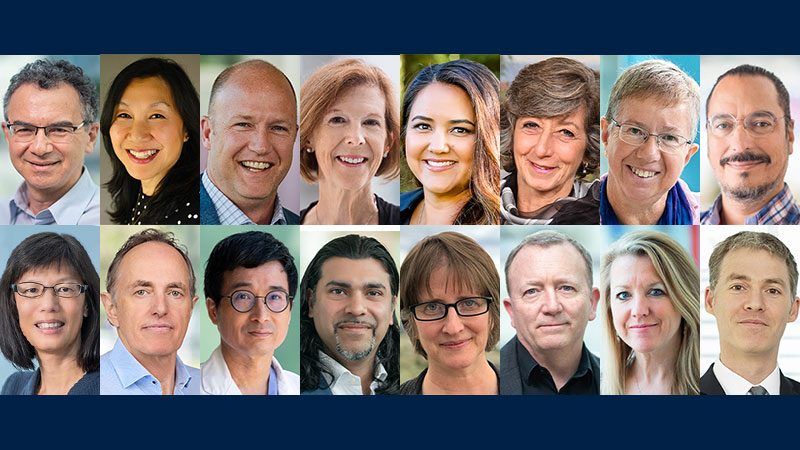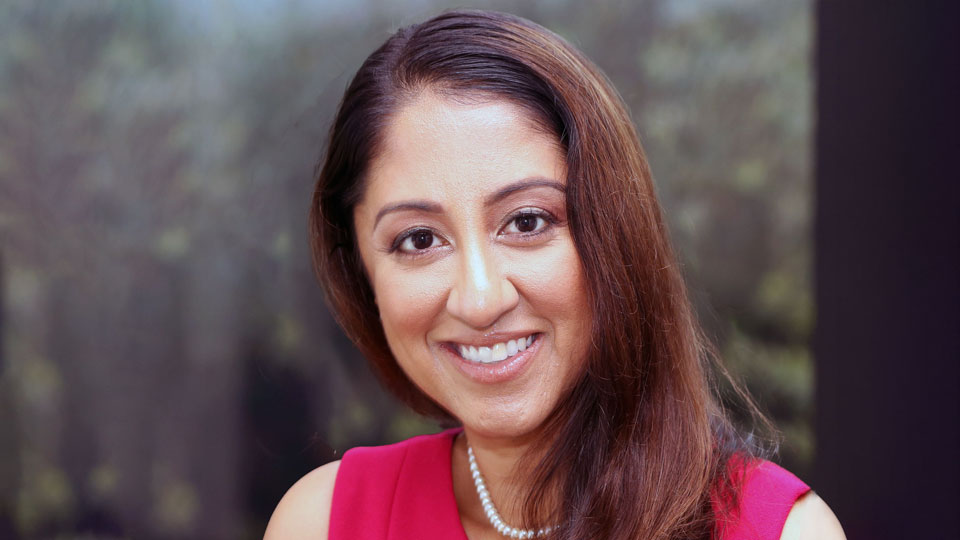A message from Dermot Kelleher, Dean, Faculty of Medicine and Vice-President, Health, UBC.
There are legislative rights and freedoms that are afforded to all Canadians, which we all must respect and apply to communications outside of our learning and work environment in our private lives. The use of social media falls within this category, a medium that can connect people, create shared communities of practise and inform. However, we must all be aware that social media posts also have the capacity to cause significant harm and mental distress.
Faculty members and learners in the Faculty of Medicine at UBC have an additional responsibility to uphold the highest level of professional conduct in all of their communications and interactions. I would ask you to carefully read and take note of the UBC Senate-approved Professional Standards for learners and faculty members in the Faculties of Medicine and Dentistry (2013). These Professional Standards include a standard of conduct “to ensure that all communications on the internet and social media are respectful and meet the same level of professionalism as would be expected in direct or other written communications with and about colleagues, instructors, learners, and patients.”
The Canadian Medical Protection Association also provides guidance on best practices for professional and respectful communications by physicians as part of the provision of care and offers tips on mindful engagement with the use of social media, whether in a personal or professional capacity. Their communication emphasizes that you should “Act on social media as you would in your personal and professional life. Compassion, respect and integrity all belong on social media.” Their words are notable in that they reflect the core values of the UBC Faculty of Medicine. We all must share a responsibility that communications within and by our community are free of hate speech, bullying, harassment, racism and discrimination of all forms including antisemitism and Islamophobia.
Our words have the power to foster dialogue, shape conversations and influence actions, but also have the potential to cause great harm. Social media in particular has a significant (and sometimes unintended) reach and often results in an amplified message and a permanent digital footprint that is difficult to renounce. We should all contribute to respectful learning and working environments by approaching both our internal and external communications with care, with responsibility and with mindfulness. And remember our core values of compassion, respect and integrity when you communicate in any capacity as a member of this Faculty of Medicine.
This message was sent to all faculty, staff and learners in the Faculty of Medicine.


